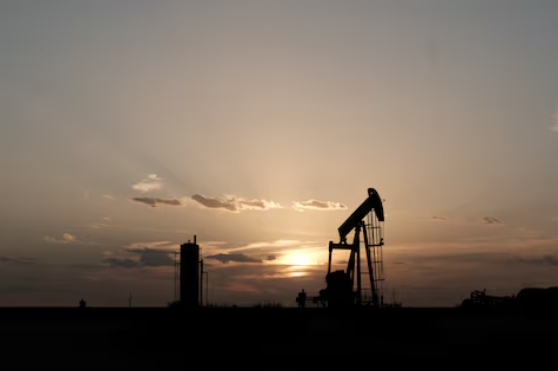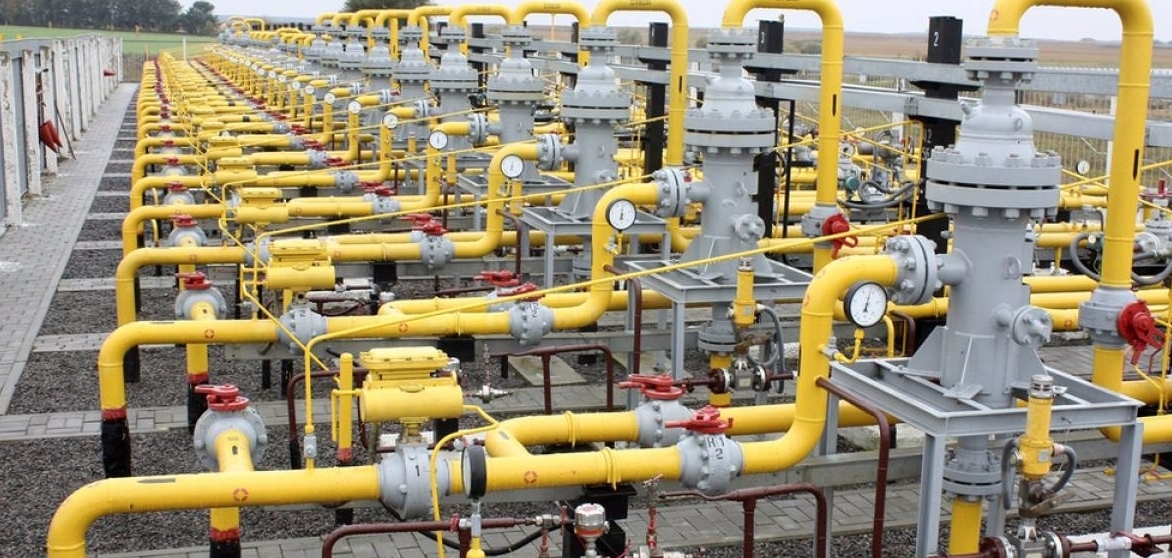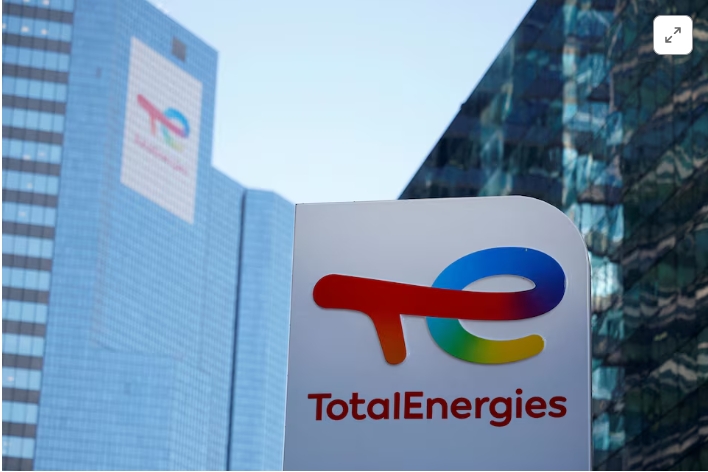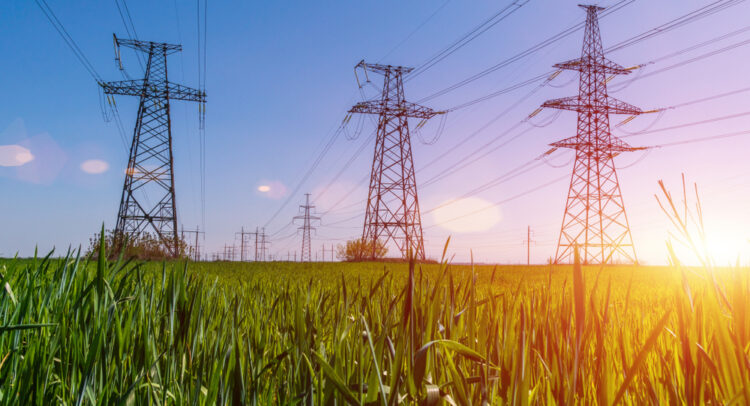
Parties interested in a long-term supply and offtake agreement are able to register on Equinor’s website, with the process running until January 31, 2025.
H2 View understands that Equinor will assess parties according to planned connectivity to the hydrogen grid and basic financial information, prioritising buyers with at least a minimum annual offtake of 50MW.
Qualifying parties will be invited to the next phase of the ‘Hydrogen Open Season,’ where subject to a Non-Disclosure Agreement, Equinor will share detailed information on the offered product and the contractual terms and delivery conditions.
Last January, Equinor and Linde agreed to collaborate on the H2M Eemshaven project, which is expected to start hydrogen production in late 2028.
Developing the project as partners, Equinor will secure access to carbon transport and storage capacity and offer the produced hydrogen to the market, whilst Linde will build, co-own and operate the hydrogen production and carbon capture and transfer facility located in Eemshaven’s industrial area.
The initiative will reform natural gas from the Norwegian continental shelf (NCS) to hydrogen, combined with carbon dioxide (CO2) capture and storage (CCS).
It’s anticipated that the project will see more than 95% of CO2 captured and safely stored under Norway’s seabed offshore. Equinor stated that the plant would be connected to onshore hydrogen pipelines planned in both the Netherlands and Germany.
However, Equinor scrapped its plans to export blue hydrogen from Norway to Germany in September (2024), according to reports. The Norwegian oil and gas major previously agreed with RWE to build a hydrogen supply chain to decarbonise power plants in Germany.
Although, plans were dropped due to insufficient demand, inadequate regulatory framework and high prices.
Securing off-takers could be crucial for the success of the Eemshaven project, though it remains a challenging and often costly hurdle for hydrogen projects, as demonstrated over the past year.
In August, Ørsted terminated its FlagshipONE hydrogen-based e-fuels project in Sweden. The Danish firm told H2 View that high prices, insufficient incentives and a lack of offtake led to the cancellation.


